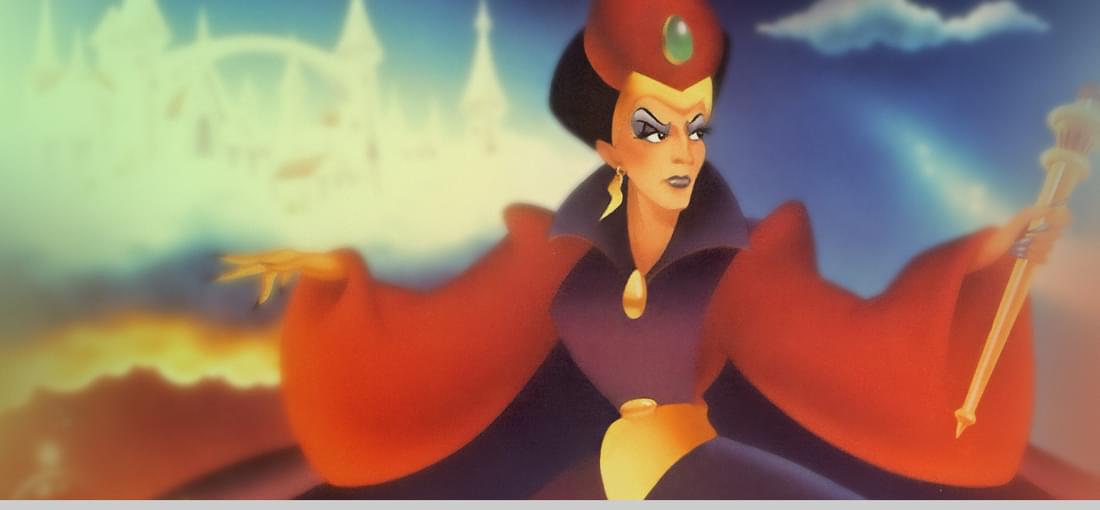


While the hate train for Mask of Eternity is a little unfair, it is without a doubt the weakest of the King's Quest series. Aside from MOE's significant departure from the traditional point-and-click adventure genre that King's Quest both created and defined, it suffers from mediocre 3D for its time (atrocious by today's standards) and unsatisfying gameplay from an action standpoint. The mechanics are quite clunky and overly simplistic for gamers who are used to Tomb Raider (which you can accuse MOE of attempting to clone), and the greatly reduced puzzle aspect definitely alienated the series' adventure gamer base. While it isn't an awful game, it’s not a great one either. All that said, I appreciated MOE’s view on the KQ universe. I found Connor's character sufficiently heroic (though one-dimensional, which defines pretty much every KQ hero with the possible exception of Alexander) and what story elements were there were satisfying. Had this been considered a separate type of game set in the KQ universe, like Heroes of Might and Magic was to Might and Magic, and if Sierra didn’t fall victim to late 90’s Dot Com Bust “me too” corporate shenanigans, I have no doubt that it could have been the start of a sister series, albeit an inauspicious start. As for King’s Quest VII, it’s by far the weakest of the traditional adventure game series, as well as the most unabashedly child-focused. The cartoonish graphics, hammy voice acting, and cutesy villains made it feel more in-line with Mixed-Up Mother Goose and other such kid-focused fare. While it’s still incredibly fun to play, it’s not anywhere close to the series' best. But even though these are the two weakest games in the series, they’re still fun games. Anyone who loves Sierra adventures will get enjoy KQ7, and anyone who’s either interested in or nostalgic for this era of gaming will enjoy both games as examples of what the art form was striving for in a more innocent, yet more innovative, time.